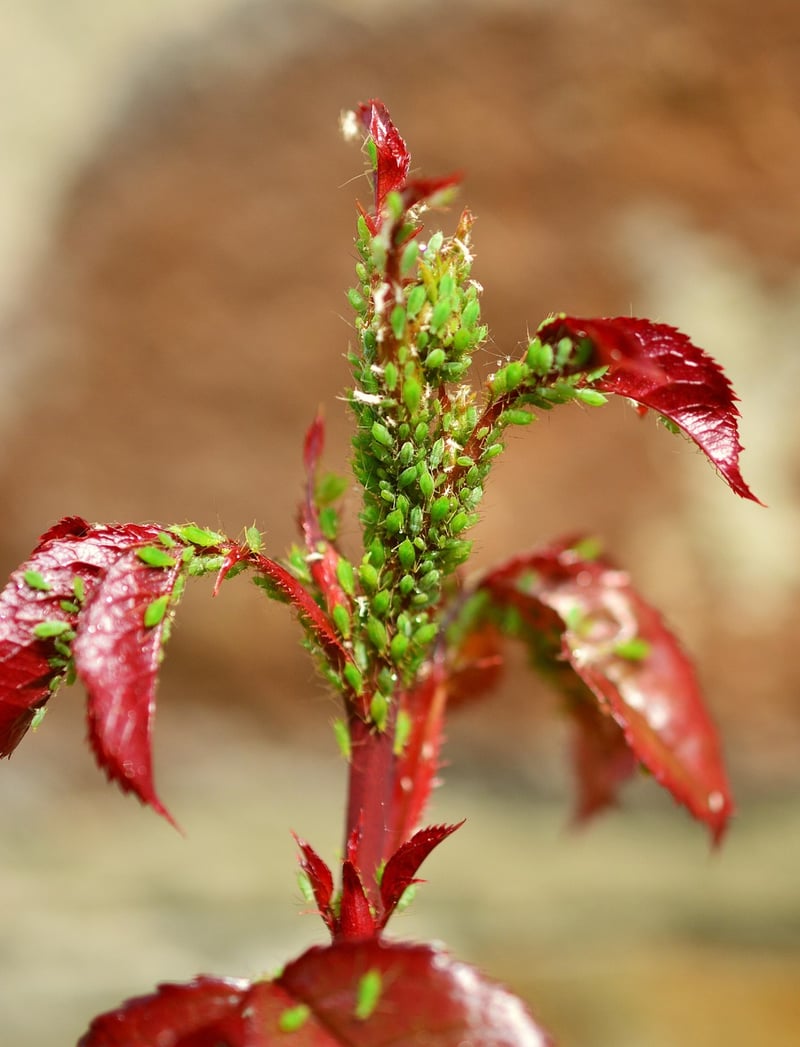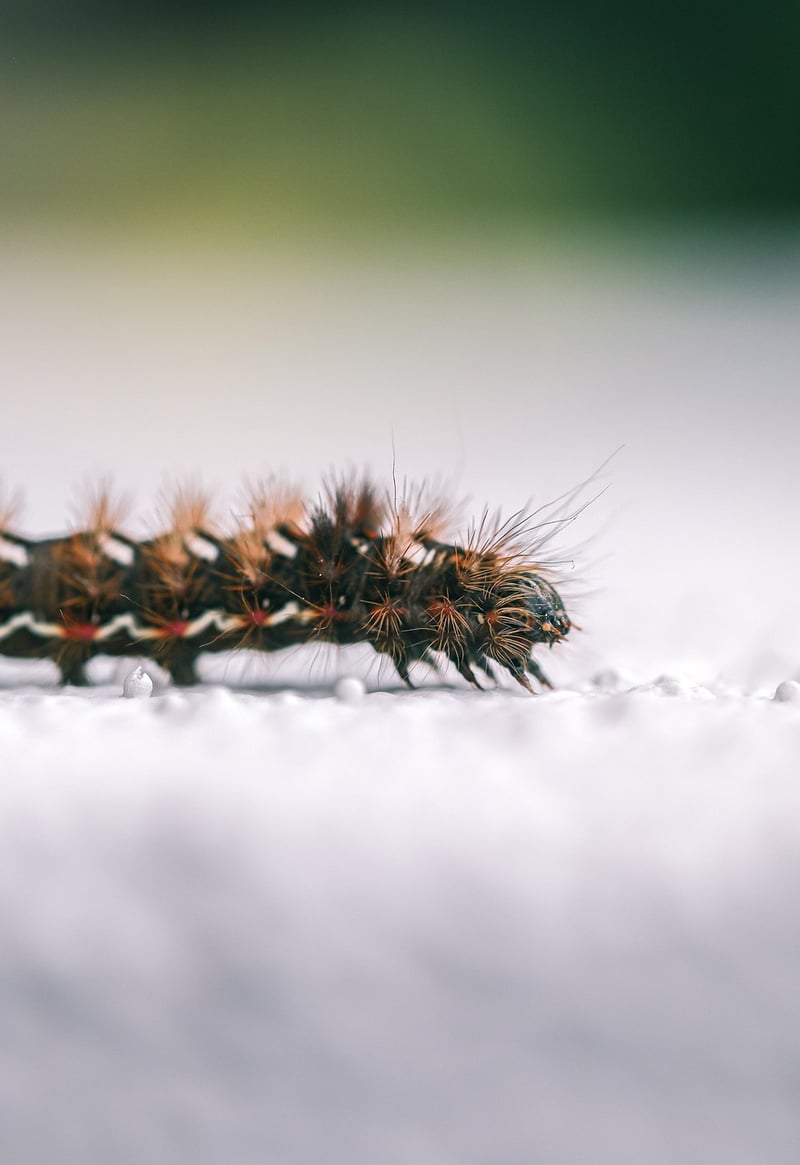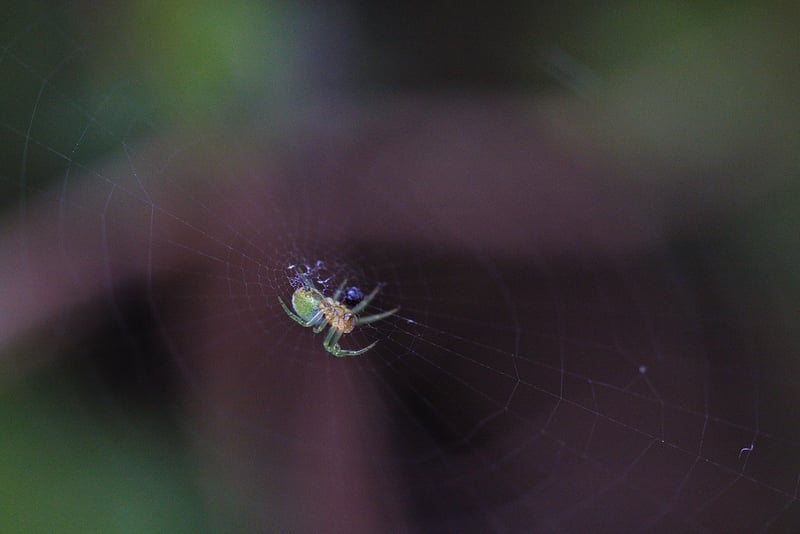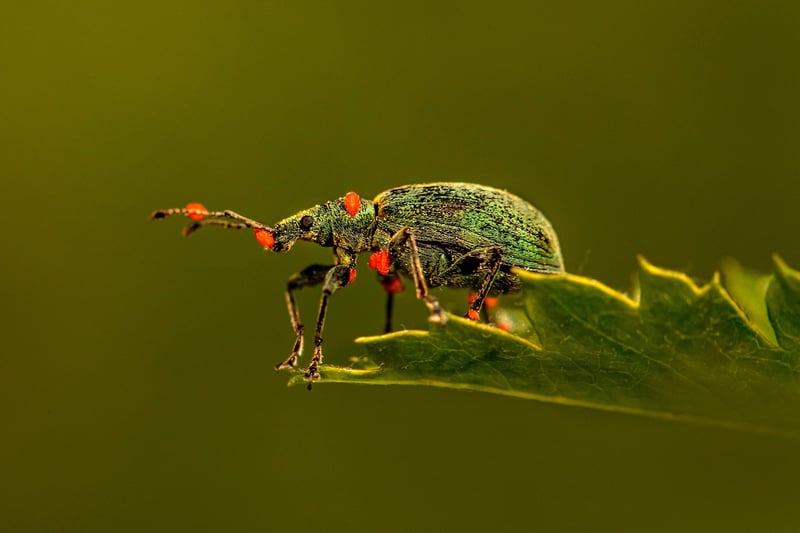Identifying Common Pests
Dealing with Garden Pests: Identifying Common Pests
Having a beautiful garden can be a rewarding experience, but dealing with pests can be a real challenge for any gardener. Identifying common pests is the first step in effectively managing and preventing damage to your plants. Here are some of the most common garden pests you may encounter:
Aphids

Aphids are small, soft-bodied insects that can quickly multiply and feed on the sap of plants, causing leaves to curl and distort. They are commonly found on new growth and the underside of leaves.
Slugs and Snails

Slugs and snails are nocturnal pests that feed on a wide variety of plants, leaving large irregular holes in leaves and fruits. They thrive in damp conditions and can quickly damage your garden.
Caterpillars

Caterpillars are the larvae of butterflies and moths and can cause significant damage by chewing on leaves, flowers, and fruits. They can be of various colors and sizes, making them sometimes hard to spot.
Whiteflies

Whiteflies are tiny, white, moth-like insects that cluster on the underside of leaves and feed on plant sap. They can weaken plants and spread diseases, making them a common nuisance in gardens.
Spider Mites

Spider mites are tiny arachnids that feed on plant sap, causing leaves to appear speckled or bronzed. They are most active in hot, dry conditions and can quickly reproduce, leading to severe infestations.
Prevention and Control
Preventing pest infestations is key to maintaining a healthy garden. Here are some tips for preventing and controlling common garden pests:
- Encourage beneficial insects like ladybugs and lacewings that prey on garden pests.
- Remove weeds and debris that can harbor pests.
- Use barriers like row covers to protect plants from pests.
- Apply organic pest control methods such as neem oil or insecticidal soap.
- Regularly inspect plants for signs of pest damage and take action promptly.
By identifying common garden pests and implementing effective pest control strategies, you can protect your plants and enjoy a thriving garden all season long.
